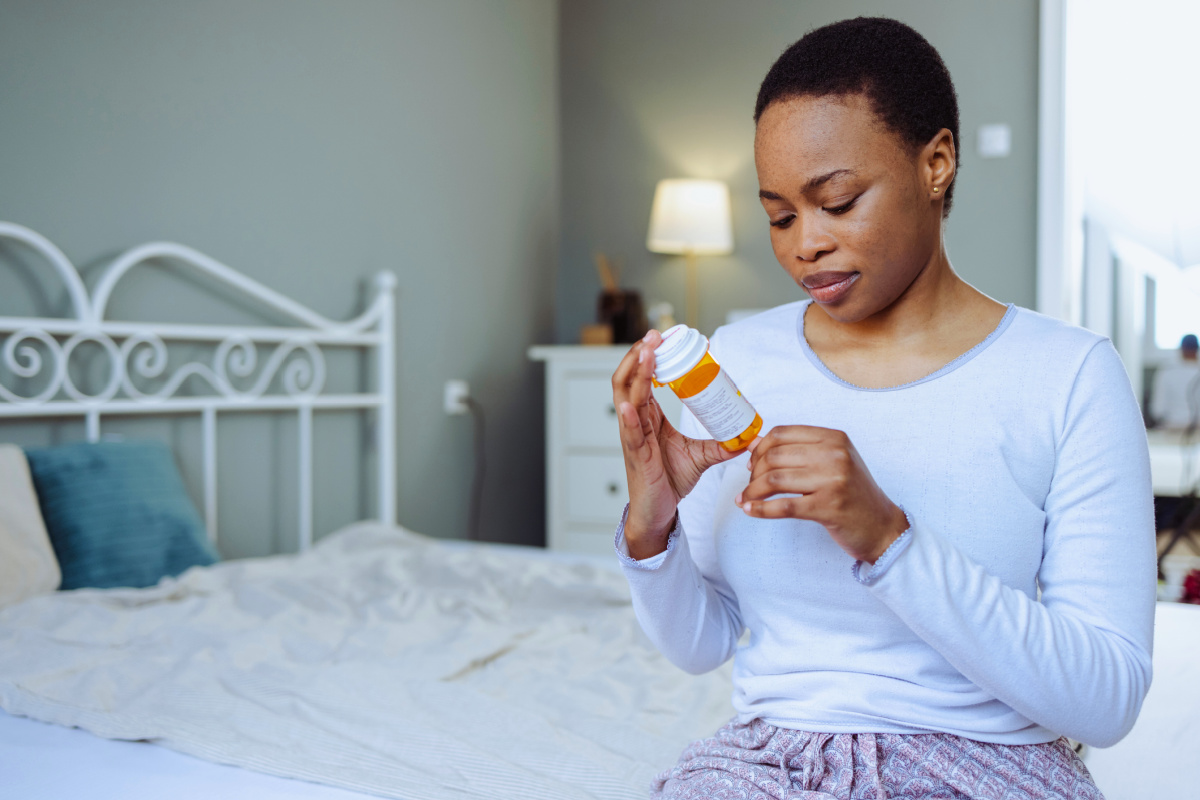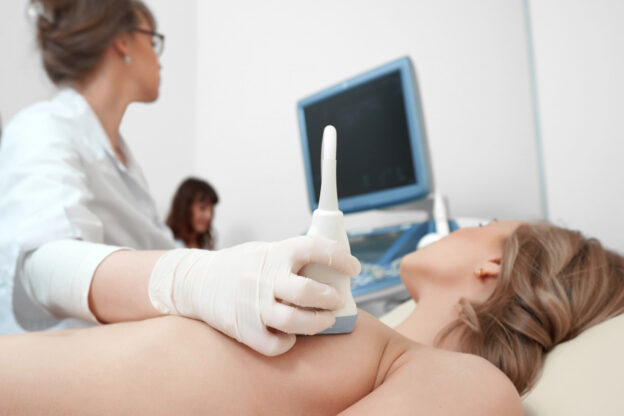Do I need narcotics after plastic surgery?

While narcotics can be used for pain management after plastic surgery, they are not always necessary and may, in fact, hinder your recovery. Fort Worth plastic surgeon Dr. Emily Kirby uses several advanced techniques to complement (and sometimes replace) narcotics for pain management.
How narcotics can slow down recovery
Narcotics, like hydrocodone or oxycodone (also known as opioid medications), often come with uncomfortable side effects, such as constipation, nausea, and a general slowing of your body’s natural healing processes.
While narcotics may sometimes be necessary, relying on alternative pain management strategies as much as possible can provide a more efficient path to recovery.
For many patients, minimizing narcotic use leads to a smoother, faster recovery, as these medications can interfere with the body’s ability to bounce back quickly after surgery—as well as reduce energy levels.
Video transcript
“Narcotics are fine to take after surgery if you need them, but the problem is they cause a lot of issues of their own. They cause constipation, they can cause nausea, they kind of slow everything down, and that really slows down your ability to recover. So, if we can get you to not take narcotics as much as possible, that’s in your best interest. I’ve worked for many years watching what works with patients and what doesn’t work. Over many years of being in practice, I’ve seen patients do really well and I’ve seen patients not do well. I want every patient to do really well, so I’ve watched what works and what doesn’t work and created a special technique of ERAS—Enhanced Recovery After Surgery—that has been amazing at getting people back on their feet as soon as possible, safely.”
How is it possible to reduce narcotics—won’t I feel more pain after plastic surgery?
Rather than depending on oral narcotic medications to reduce post-operative pain, Dr. Emily Kirby looks at each of her patients’ medical histories to devise a customized plan consisting of different types of medications that prevent pain, starting before surgery. She addresses several systems of the body, focusing on nerves, muscles, and inflammation, to treat and reduce pain. Long-acting local anesthetics are injected during surgery as regional anesthesia “nerve blocks” to further control discomfort after surgery. Pre-operative dietary recommendations and post-operative exercises are discussed for optimal total recovery.
“From the first surgery to the last (4 total), my recovery has been easy and painless. After the surgeries I was sore but not to sore or painful enough to require me to take pain medication, which I was prescribed just in case! After a few days I was able to function as normal, while taking it easy as I was not fully healed. I followed the recommended time off per procedure. Dr. Kirby and her team have been so very caring throughout the entire process. I am so thankful I found a doctor and team who puts their patients safety first no matter the cost!”
Drawing on years of experience, Dr. Emily Kirby has observed firsthand the difference in patient outcomes when narcotics are reduced. Using both her experience and cutting-edge research, she has designed specialized enhanced recovery protocols—called Enhanced Recovery After Surgery (ERAS) techniques—to help patients return to their normal activities safely and as quickly as possible.
The Kirby Plastic Surgery Difference
The focus on personalized pain management is just one of the many ways that Kirby Plastic Surgery stands apart. City Surgery Center is a private, on-site, fully accredited surgery center, where Dr. Kirby works exclusively with board-certified (physician) anesthesiologists for anesthesia care. Led by Board-Certified Plastic Surgeon and the first female Chief of Plastic Surgery at Texas Health Resources Harris Methodist hospital, Dr. Emily Kirby, the Kirby Plastic Surgery team is committed to making your plastic surgery experience as positive and empowering as possible.
Call 817-292-4200 to schedule your consultation today!


